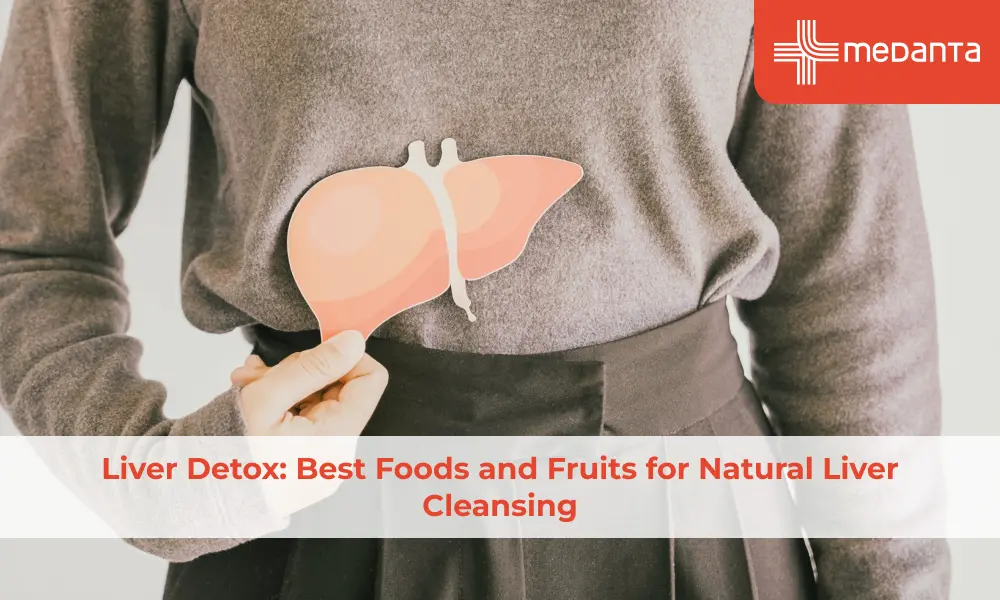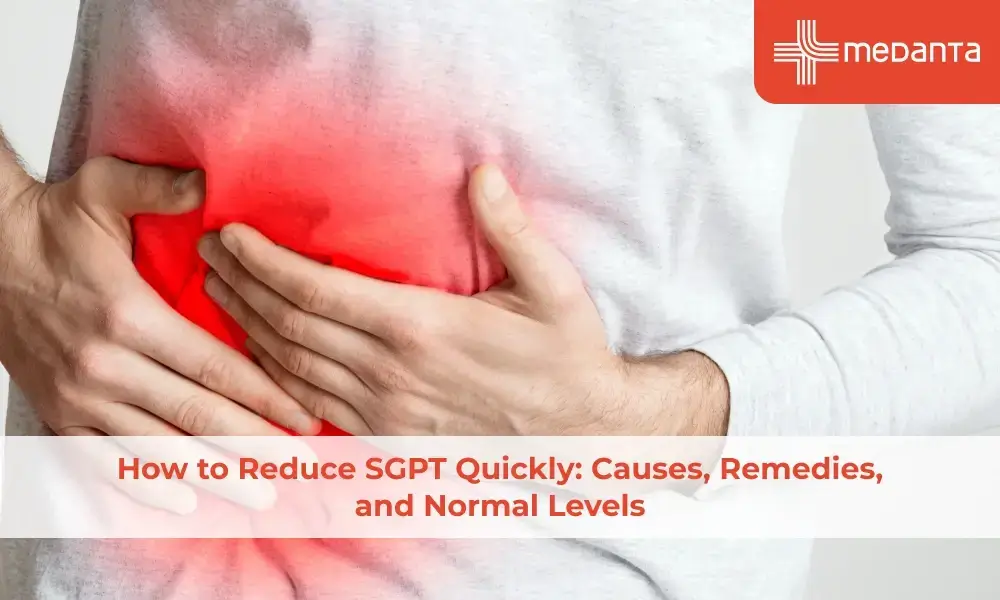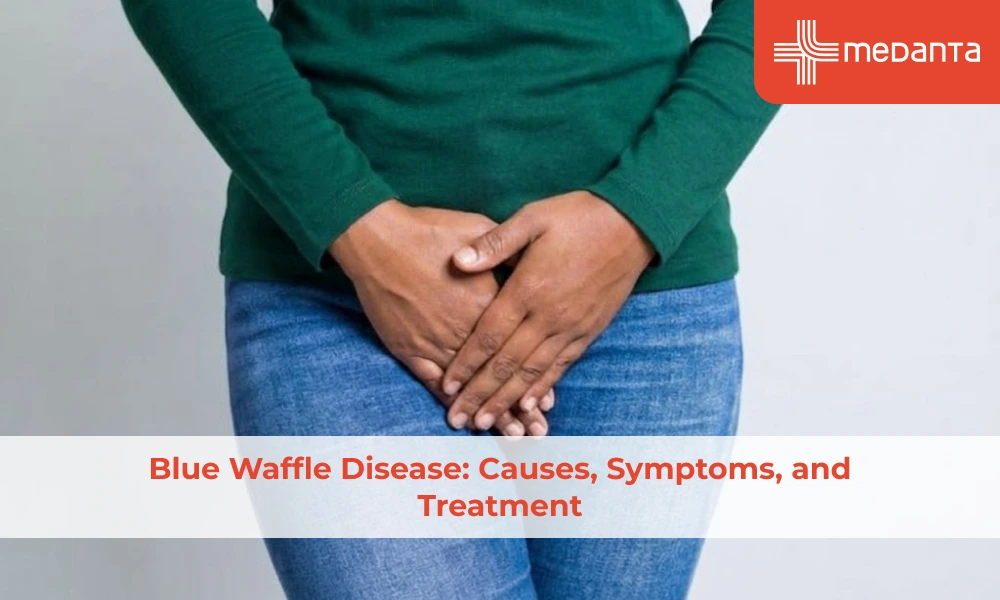Signs You Might Have Hodgkin's Lymphoma!

Being diagnosed with cancer is scary and overwhelming, but early detection is key to successful treatment outcomes. Hodgkin's lymphoma, a cancer of the lymphatic system, is one such example. Its symptoms - fatigue, unexplained weight loss, painless swelling of lymph nodes in the neck, armpits or groin area - can easily be brushed off as unrelated health issues.
Cancers being uncommon in children, people may not know much about this disease or the warning signs to watch for. That's where we come in – through our authoritative, informative, guidance-oriented brand voice, we aim to simplify information on diseases like Hodgkin's Lymphoma. So keep reading as we break down the key signs you should never ignore when it comes to this type of cancer.
What is Hodgkin's Lymphoma?
Hodgkin's lymphoma, also known as Hodgkin lymphoma, is a type of cancer that affects the lymphatic system, which is a part of the body's immune system. In Hodgkin's lymphoma, cells in the lymphatic system grow abnormally and may spread beyond the lymph nodes to other parts of the body.
One of the characteristic features of Hodgkin's lymphoma is the presence of Reed-Sternberg cells, large abnormal cells found in the lymph nodes. These cells are not typically present in healthy lymph nodes and are a hallmark of Hodgkin's lymphoma when observed under a microscope.
Hodgkin's lymphoma can occur at any age but is most common in young adults and older adults. It often presents with swollen lymph nodes, which may or may not be accompanied by other symptoms such as fever, night sweats, unexplained weight loss, fatigue, itching, and difficulty breathing.
Hodgkin’s Lymphoma: Symptoms & Signs
If you've been feeling off lately and wondering if something more serious might be going on, it's essential to pay attention to your body's signals. Hodgkin's lymphoma, although relatively rare, is a type of cancer that can affect anyone, regardless of age or gender.
Knowing the Hodgkin's lymphoma signs and symptoms can help you seek timely medical attention and start treatment early. Let's explore the key indicators that might suggest you have Hodgkin's lymphoma and what steps you can take next.
1) Unexplained Swollen Lymph Nodes
One of the primary Hodgkin's lymphoma signs is the presence of swollen lymph nodes, particularly in the neck, armpits, or groin area.
These swollen lymph nodes are usually painless but can gradually increase in size over time. If you notice any unusual lumps or bumps in these areas that don't go away, it's essential to get them checked out by a healthcare professional.
2) Persistent Fatigue
Feeling tired is a common complaint for many people, but persistent fatigue that doesn't improve with rest could be a sign of something more serious, such as Hodgkin's lymphoma.
This type of fatigue can be debilitating and may interfere with your daily activities. If you find yourself feeling unusually tired for an extended period, it's worth discussing with your doctor.
3) Unexplained Weight Loss
Unintended weight loss, especially without changes in diet or exercise, can be a red flag for Hodgkin's lymphoma.
Losing more than 10% of your body weight within a few months without trying could indicate an underlying health issue, including cancer. If you're experiencing unexplained weight loss, it's crucial to see your doctor for further evaluation.
4) Persistent Fever and Night Sweats
Frequent fevers that come and go without any apparent cause, along with drenching night sweats, are common HL symptoms.
These symptoms often occur during the night and can disrupt your sleep patterns. If you're experiencing recurrent fevers or night sweats, it's essential to seek medical advice to rule out any underlying conditions.
5) Itchy Skin
While itching can be caused by various factors, such as dry skin or allergies, persistent itching without any visible rash could be a symptom of Hodgkin's lymphoma.
This itching, also known as pruritus, is often widespread and can be quite uncomfortable. If you're dealing with persistent itching that doesn't improve with over-the-counter remedies, it's essential to consult with your doctor.
6) Coughing or Shortness of Breath
In some cases, Hodgkin's lymphoma can affect the lymph nodes in the chest, leading to symptoms such as coughing, wheezing, or shortness of breath.
These respiratory symptoms may occur if the cancerous cells put pressure on the airways or lungs. If you're experiencing persistent respiratory issues, it's crucial to seek medical attention promptly.
Treatment of Hodgkin’s Lymphoma:
Hodgkin's lymphoma is treated using chemotherapy, radiation therapy, and sometimes stem cell transplantation.
- Chemotherapy : present day chemotherapy regimens for treatment of Hodgkin’s Lymphoma are very effective in treating this disease and have minimal side effects
- Radiation therapy: targets affected lymph nodes to eliminate remaining cancer.
- Stem Cell transplant: For advanced cases, high-dose chemotherapy followed by stem cell transplantation may be needed.
- Immunotherapy: Drugs such as nivolumab or pembrolizumab, can be used if other treatments fail.
Each treatment plan is personalized based on the cancer stage and patient health, aiming for the best possible outcome with minimal side effects.
Conclusion
If you are experiencing any of the signs and symptoms mentioned above, it is crucial to seek medical attention for a proper diagnosis. Hodgkin's lymphoma is a highly treatable form of cancer, especially if caught in its early stages. Prompt and thorough medical care significantly increases your chances of successful treatment.






